Settled in the heart of the Eastern Himalayas, Bhutan positions as an outstanding example of a nation that places environmental conservation and cultural preservation at the forefront of its development. Well-known for its exclusive Gross National Happiness philosophy, Bhutan has become a leader in maintainable tourism.
This article discovers the kingdom's original eco-tourism enterprises, where responsible survey complements with the magnificent sceneries and rich cultural heritage. From being the world's only carbon-neutral country to accepting community-based tourism, Bhutan's commitment to conserving its natural and cultural treasures makes it a fascinating destination for those seeking an eco-conscious and inspiring travel experience.
Gross National Happiness and Sustainable Tourism
Bhutan's promise to Gross National Happiness (GNH) exceeds economic metrics, covering the kingdom of sustainable tourism. GNH, an exclusive development philosophy, lists all-inclusive well-being, environmental preservation, and cultural heritage over simple economic growth.
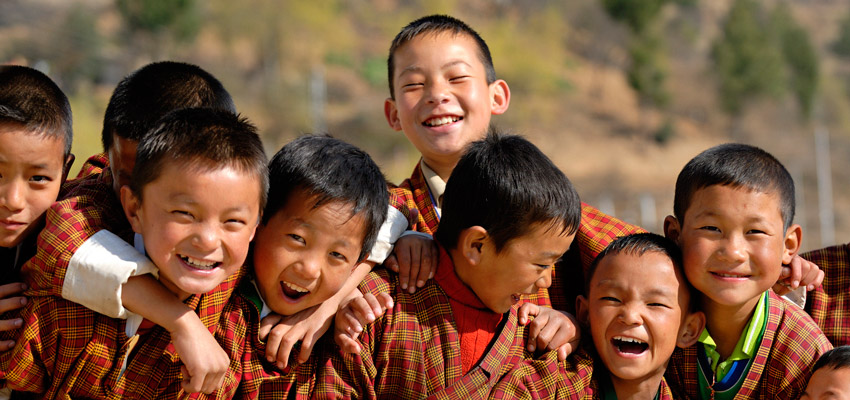
This philosophy reinforces Bhutan's approach to tourism, determining policies that guarantee a melodious balance between visitor experiences and the protection of its unspoiled sceneries and lively traditions. In the chase of maintainable tourism, Bhutan employs a characteristic strategy, using its partial tourism quota system. This system includes a daily fee for visitors, covering accommodation, meals, and a maintainable development fee.
By supervising the number of tourists and allocating resources responsibly, Bhutan eases the risk of over-tourism, safeguarding that the environmental and cultural influence of tourism remains minimal. The GNH agenda also recognizes the reputation of community involvement, foremost to community-based tourism creativities.
These activities allow local residents by participating them into decision-making processes and creating economic chances through homestays, handicrafts, and directed tours. Bhutan's commitment to GNH and supportable tourism not only conserves its natural and cultural reserves but also sets a global example for responsible and expressive travel.
Carbon Neutral Kingdom
Bhutan stands as an ecological agent, holding the difference of being the world's only carbon-neutral empire. This attainment is evidence to the country's firm commitment to ecological sustainability and answerable environmental practices. Bhutan's carbon-neutral status is a result of its massive forest cover, engrossing more carbon dioxide than the nation produces.
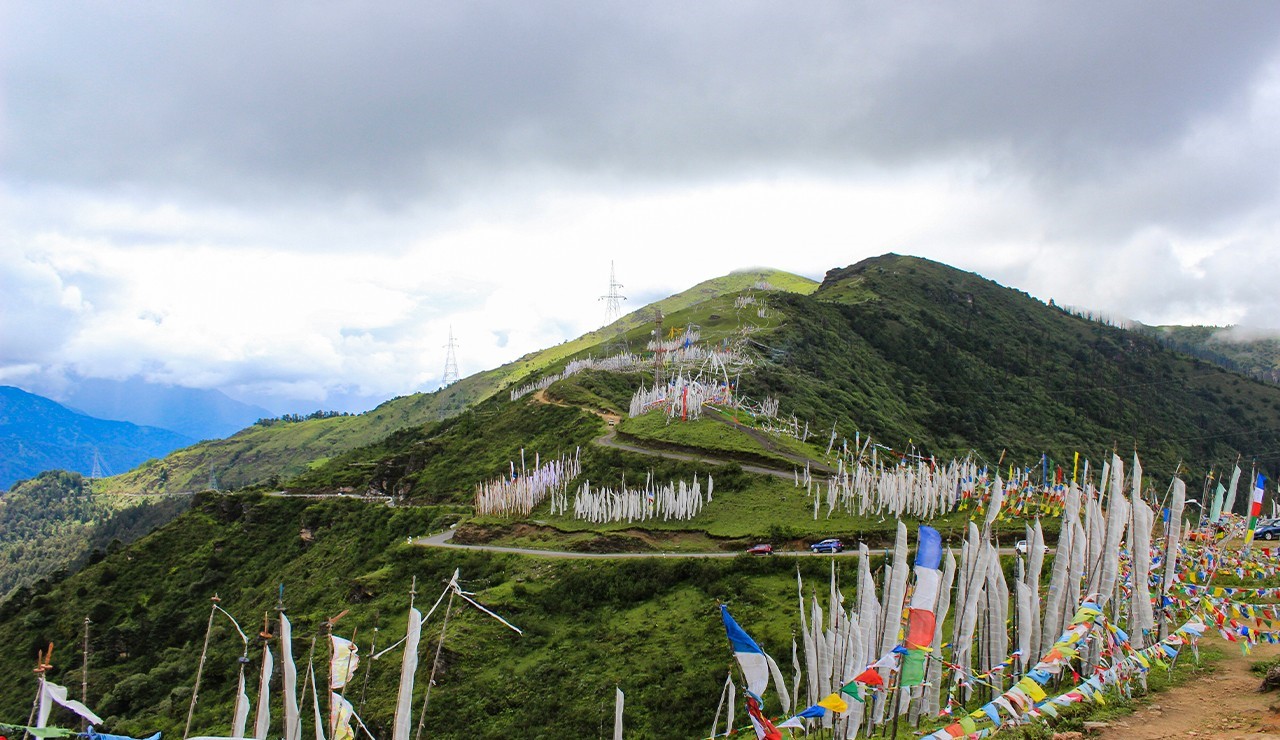
The government's commitment to preserving this balance brings into line flawlessly with its eco-tourism creativities, nurturing an exclusive synergy between tourism and environmental preservation. To support its carbon-neutral pledge, Bhutan places great stress on endorsing supportable practices inside the tourism sector.
Visitors are stimulated to accept low-impact behaviours, and creativities such as the daily fee for tourists donate to money conservation efforts. Additionally, the empire is actively involved in replanting projects, guaranteeing the continuous growth of carbon-absorbing green spaces.
Bhutan's promise to be a carbon-neutral empire not only sets a worldwide standard for ecological responsibility but also proves the opportunity of participating in eco-friendly practices into countrywide policies. This dedication safeguards that the kingdom remains an example of supportable living, making it an inspirational destination for naturally conscious tourists looking for a pleasant-sounding combination of nature and culture.
Limited Tourism Quota
Bhutan's assurance to conserving its exclusive cultural and environmental inheritance is demonstrated through its ground-breaking approach to tourism management—a partial tourism quota system. In a mindful energy to avert over-tourism and sustain the gentle balance between visitor arrival and environmental protection, Bhutan levies a daily fee on tourists.
This fee covers accommodation, meals, and a supportable development charge, not only safeguards responsible resource distribution but also adjusts the number of visitors. By preventing the tourism quota, Bhutan creates limited and close experience for explorers, letting them to sightsee the country without awe-inspiring its natural and cultural resources.
The controlled arrival of tourists helps protect delicate ecosystems, maintain the peacefulness of holy sites, and reserve the authenticity of local communities.
This approach brings into line flawlessly with Bhutan's predominant philosophy of Gross National Happiness, arranging the well-being of its citizens and the environment over unrestricted economic growth.
The limited tourism quota system not only safeguards Bhutan's exclusive identity but also sets an exciting model for other destinations hand-to-hand struggle with the tests of maintainable tourism in the face of growing worldwide travel demands.
Protected Areas and Biodiversity Conservation
Bhutan, settled in the Eastern Himalayas, represents a thoughtful commitment to biodiversity conservation through its widespread network of endangered areas. Surrounding over 50% of the nation's land, these areas, with Jigme Dorji National Park and Royal Manas National Park, serve as vibrant sanctuaries for various ecosystems and in danger of extinction species like the Bengal tiger and black-necked crane.
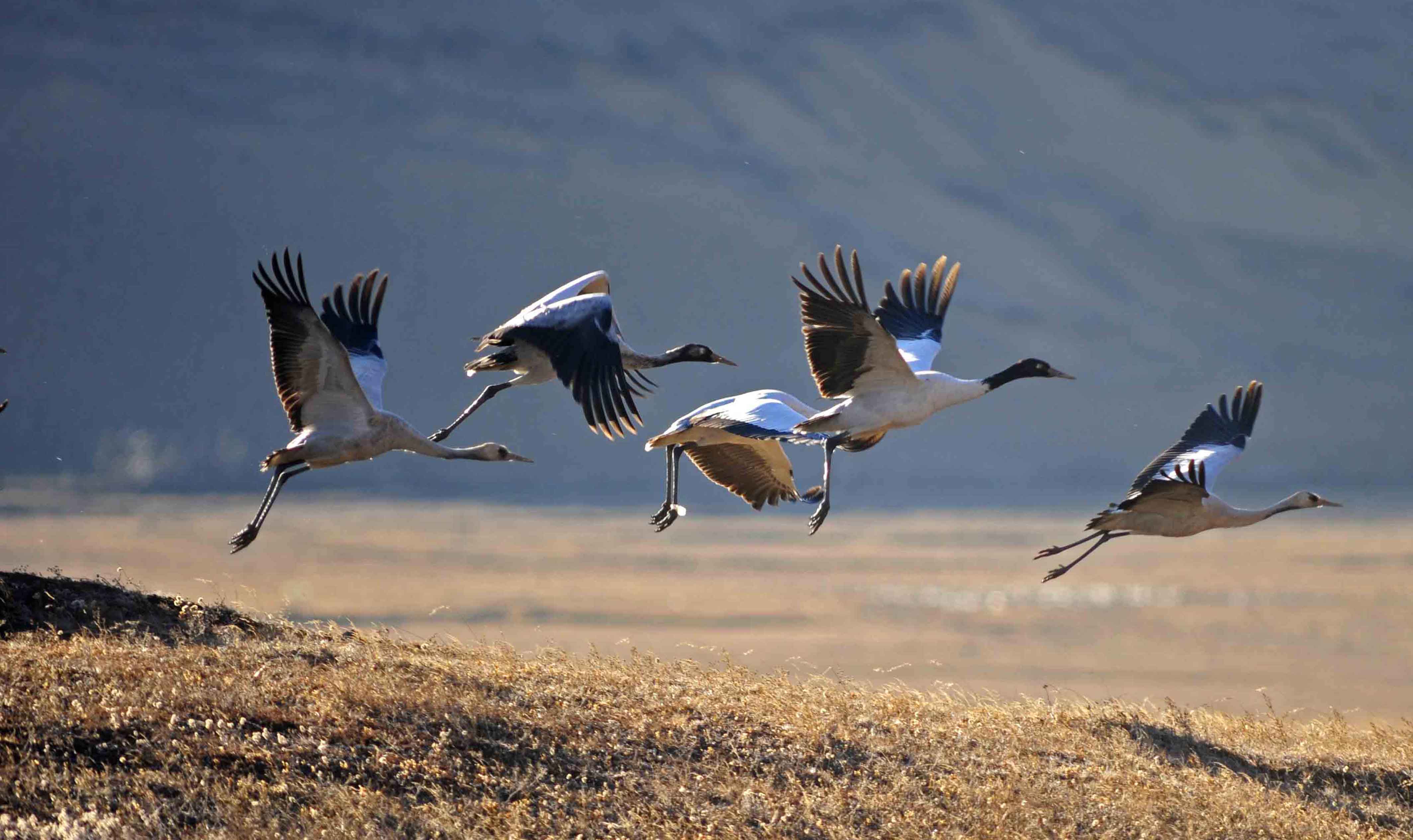
Bhutan's advanced biological access strip eases natural wildlife movement, confirming inherited diversity. The success of its conservation model is obvious in the booming populations of iconic species. However, challenges like human-wildlife struggle continue.
Through community-based creativities and sustainable tourism practices, Bhutan struggles to complement conservation efforts with the well-being of its exclusive ecosystems, supporting its international status as a leader in environmental stewardship.
Traditional Architecture and Cultural Preservation
Bhutan's architectural scenery is evidence to its firm commitment to cultural preservation. Implementing traditional Bhutanese architecture, the empire has intentionally well-maintained its exceptional identity among international innovation trends. Dzongs (fortresses), monasteries, and traditional houses decorated with exciting paintings reflect the rich cultural heritage deep-rooted in every corner of Bhutan.
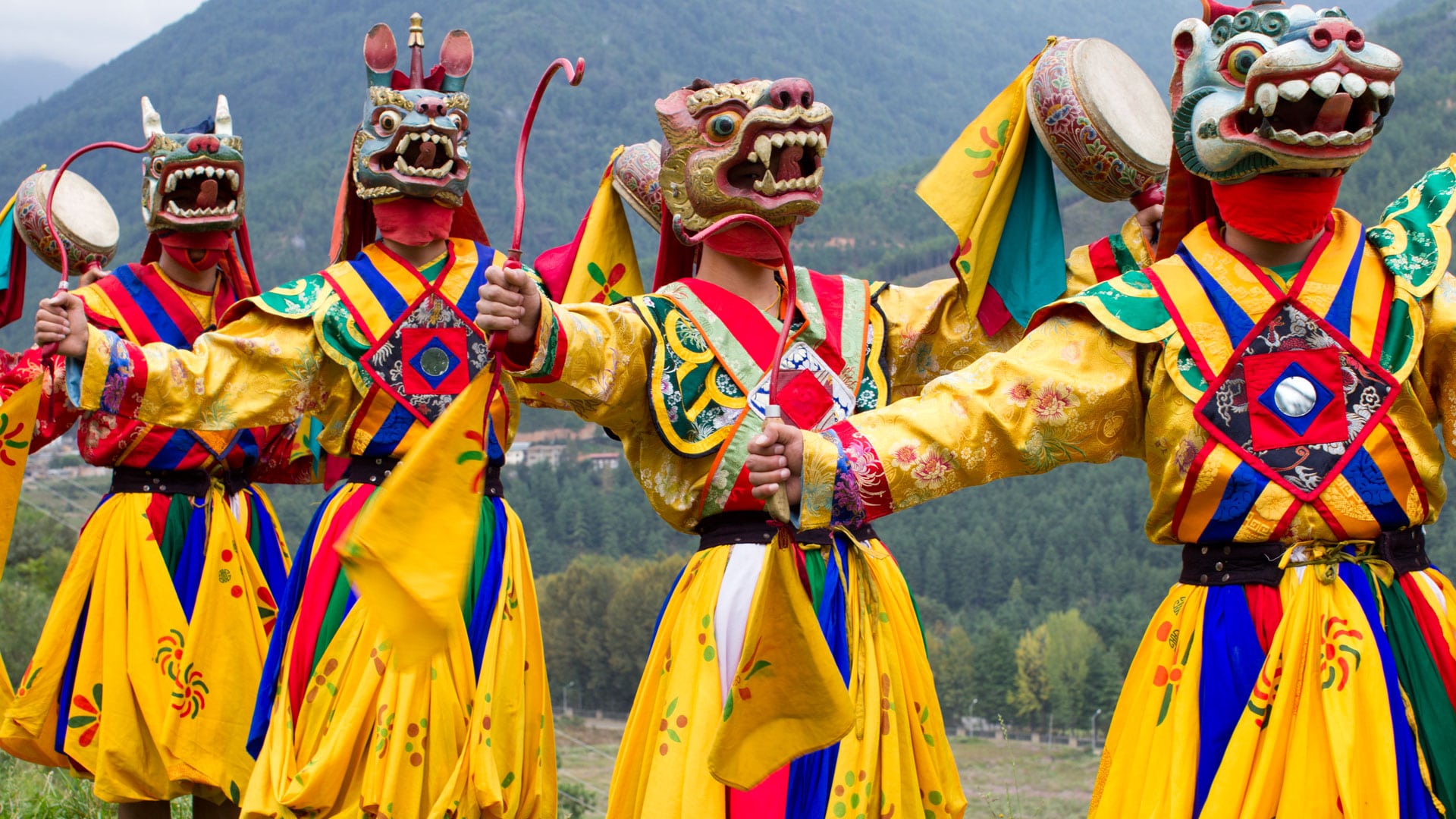
The government orders the use of traditional designs in new constructions, flawlessly combining modern facilities with time-honoured styles. This protection effort spreads beyond aesthetics; it summarises the spirit of Bhutanese values and religiousness.
The elaborate woodwork, colourful paintings, and individual geometric patterns of Bhutanese architecture relate stories of the nation's history and mythology. By accepting this architectural heritage, Bhutan generates a living museum that permits both locals and visitors to connect with the past. The promise to traditional architecture goes hand in hand with the nation's Gross National Happiness philosophy.
Strengthening the importance of cultural well-being together with economic success. As Bhutan holds the future, the protection of traditional architecture stands as a foundation, confirming that the empire remains a living evidence to its rich cultural heritage.
Community-Based Tourism
Bhutan's community-based tourism creativities stand as examples of maintainable travel, nurturing a pleasant-sounding association between visitors and local inhabitants. Identifying the implication of community participation, Bhutan energetically participates its citizens into the tourism textile, safeguarding those economic assistance that are extensively distributed.
Homestays, a basis of community-based tourism, allow explorers to dip themselves in the daily lives of Bhutanese families, understanding cultural connections and inspiring the travel experience. Local communities energetically participate in decision-making methods, prompting the development and execution of tourism policies.
This inclusivity not only authorises residents but also confirms that tourism brings into line with Bhutan's Gross National Happiness philosophy, prioritising the welfare of its peoples. Handicraft cooperatives, directed tours by community members, and cultural programs contribute to the economic authorization of local communities.
By appealing visitors in reliable cultural exchanges, Bhutan's community-based tourism creates a synergetic relationship where explorers gain meaningful understandings, and local inhabitants benefit economically, strengthening the nation's promise to responsible and comprehensive tourism. This approach not only conserves Bhutan's exclusive cultural material but also sets an international standard for community-centric travel representations.
Bhutan For Life Initiative
The Bhutan for Life initiative stands as the original energy in conservation, setting Bhutan's promise to conserving its natural heritage for future generations. Launched in association with the World Wildlife Fund (WWF), this advanced program safeguards long-term subsidies for Bhutan's protected areas, guaranteeing constant efforts in biodiversity preservation.
The enterprise operates on a revolutionary financial model that includes legacy funds, providing a continuous source of income for the preservation of Bhutan's rich ecosystems. This advanced approach not only addresses instant preservation needs but also establishes a strong agenda for the country's ongoing promise to environmental safeguarding.
Bhutan For Life efforts on caring critical habitats, supportive local communities, and modifying human-wildlife battles. By safeguarding a dependable watercourse of funding, the creativity empowers Bhutan to device conservation policies, maintain biotic corridors, and sustainably manage its endangered areas.
This cooperative attempt showcases Bhutan's devotion to all-inclusive conservation, participating worldwide partnerships with local knowhow. As Bhutan for Life covers the way for a supportable future, it serves as an inspiration of hope and motivation for global preservation efforts, exemplifying the positive influence that planned associations and advanced financial models can have on protecting the planet's natural resources.
Sustainable Accommodation
In Bhutan, the promise to sustainable tourism spreads to accommodations, with a focus on lessening environmental influence and endorsing responsible practices. Many hotels and lodges in the empire have eco-friendly creativities, participating renewable energy sources, waste lessening measures, and water preservation techniques.
Famous for its traditional Bhutanese architecture, even modern establishments combination flawlessly with their surroundings. The combination of energy-efficient technologies, such as solar heating and lighting, showcases an enthusiasm to dipping the carbon footprint of the generosity sector.
Bhutan's supportable place options often order locally sourced materials and employ globally friendly creation practices, further contributing to the nation's commitment to in charge tourism. These creations frequently involve community initiatives, subsidiary local economies and authorising residents through employment opportunities.
Furthermore, visitors to Bhutan can choose places that have conventional certification for their maintainable practices, providing guarantee that their stay brings into line with the realm's environmental attitude. By opting for maintainable accommodation, tourists play an energetic role in supporting Bhutan's all-inclusive approach to tourism, where conservation preservation and cultural honesty are supreme.
This importance on maintainable lodging options positions Bhutan as a model destination for those looking for eco-conscious and accountable travel experiences.
Adventure Tourism with a Conscience
Bhutan's adventure tourism holds the thrill of survey while preserving a careful approach to environmental and cultural conservation. The realm's various sceneries, from towering peaks to luxurious valleys, offer a park for activities like trekking, mountain biking, and river rafting. However, what sets Bhutan apart is its promise to confirm that these adventures explain with a slight impression on the environment.
Severe regulations and guidelines rule adventure activities, highlighting responsible and low-impact performs. Trekking routes are planned to evade sensitive habitats, and camping sites follow Leave No Trace principles. This approach not only protections delicate ecosystems but also guarantees that future generations can enjoy Bhutan's original natural beauty.
Adventure tourism in Bhutan also spreads to cultural experiences, with opportunities to involve in traditional activities such as archery, the national sport, and spectator exciting local festivals. These come across provide a deeper thoughtfulness of Bhutanese culture while nurturing respect for traditions.
By endorsing adventure tourism with an ethic, Bhutan search for to balance the excitement of the survey with a promise to environmental sustainability and cultural protection. Visitors can go on board on exciting journeys knowing that their journeys contribute to the realm's overarching philosophy of Gross National Happiness, confirming that the joy of search is matched with the well-being of Bhutan's people and its wonderful sceneries.
Educational and Cultural Experiences
Bhutan offers an exclusive combination of educational and cultural experiences, appealing visitors to investigate into the rich textile of its traditions and history. Cultural involvement goes beyond exploration, allowing explorers to be actively involved in educational activities that extend their kind of Bhutanese heritage.
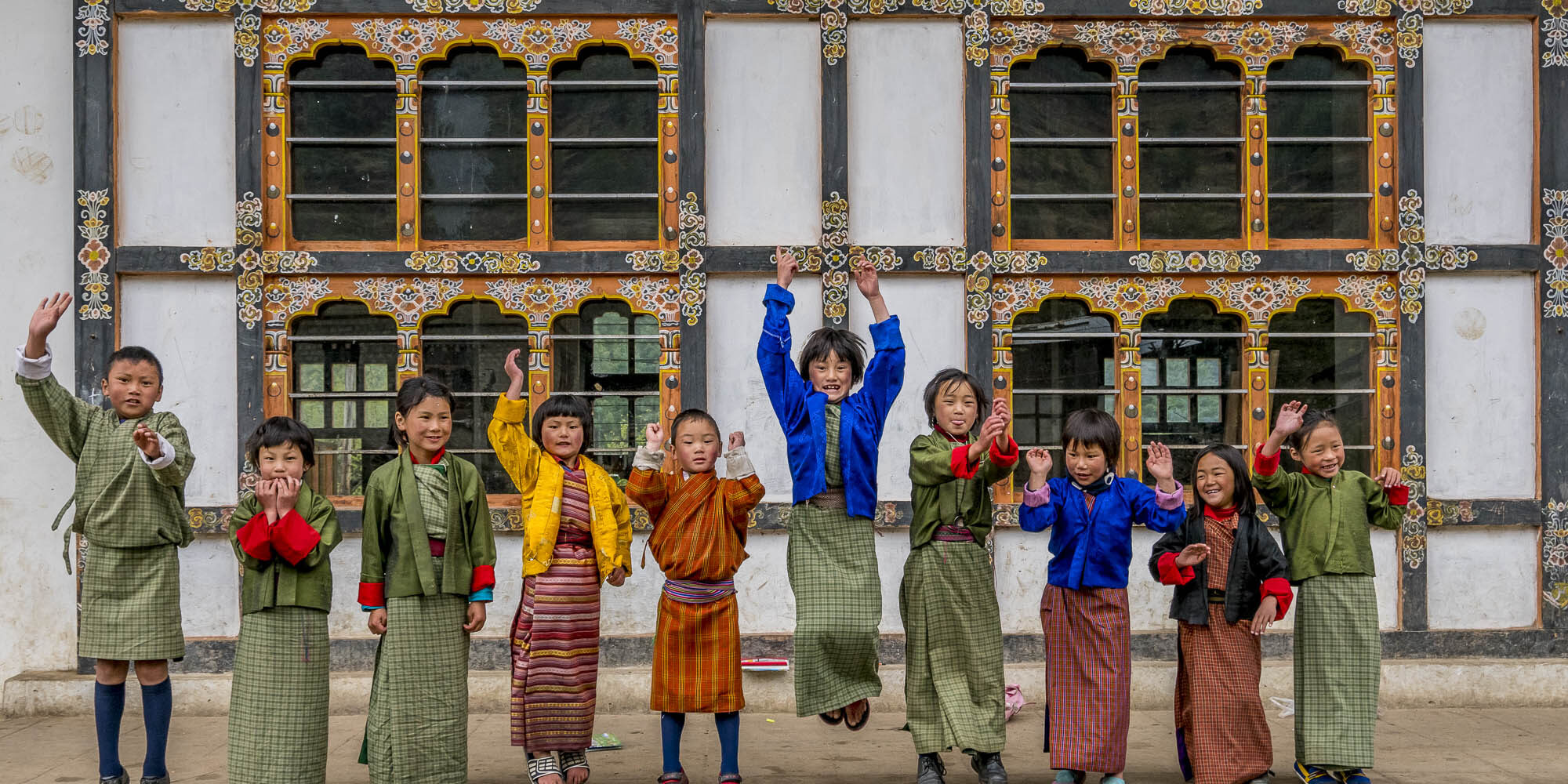
Traditional dance and music performances provide an exciting introduction to the territory's artistic expressions, while archery, Bhutan's national sport, offers hands-on experiences for guests. Educational farmhouse visits showcase the status of agriculture in Bhutanese life, nurturing a connection between visitors and the agricultural roots of the country.
Ascetic experiences permit travellers to gain understanding of Bhutan's spiritual heritage. Visits to monasteries and dzongs offer a window into the thoughtful world of Buddhism, with chances to network with monks and join in prayer ceremonies.Bhutan's educational and cultural experiences spread to festivals, where guests can see decorative mask dances, traditional rituals, and communal celebrations.
These events provide a sight into Bhutan's joyful spirit and the implication of cultural traditions. Educational lists on traditional arts and crafts, such as thangka painting and weaving, offer hands-on knowledge experiences. Visitors can energetically contribute to the protection of these ancient skills while gaining treasured understandings into Bhutanese craftsmanship.
By participating in education and culture, Bhutan confirms that visitors leave not just as tourists but as open-minded individuals who have a meaningful connection with the territory's cultural heritage. These experiences stand-in mutual respect and appreciation, contributing to the protection of Bhutan's exceptional identity.
Conclusion
In conclusion, Bhutan stands as an extraordinary destination where accountable tourism interlaces with cultural enthusiasm and environmental safeguard. From the obligation to Gross National Happiness to the innovative Bhutan for Life creativity, the kingdom demonstrates an all-inclusive approach to travel.
Bhutan's protected areas showcase its devotion to biodiversity, while maintainable accommodations and adventure tourism with integrity underline a commitment to eco-friendly practices. Educational and cultural experiences further supplement visitors, creating a thoughtful connection with Bhutan's heritage.
As an inspiration of responsible tourism, Bhutan invites explorers to explore its resources while causal to the protection of its natural and cultural miracles.

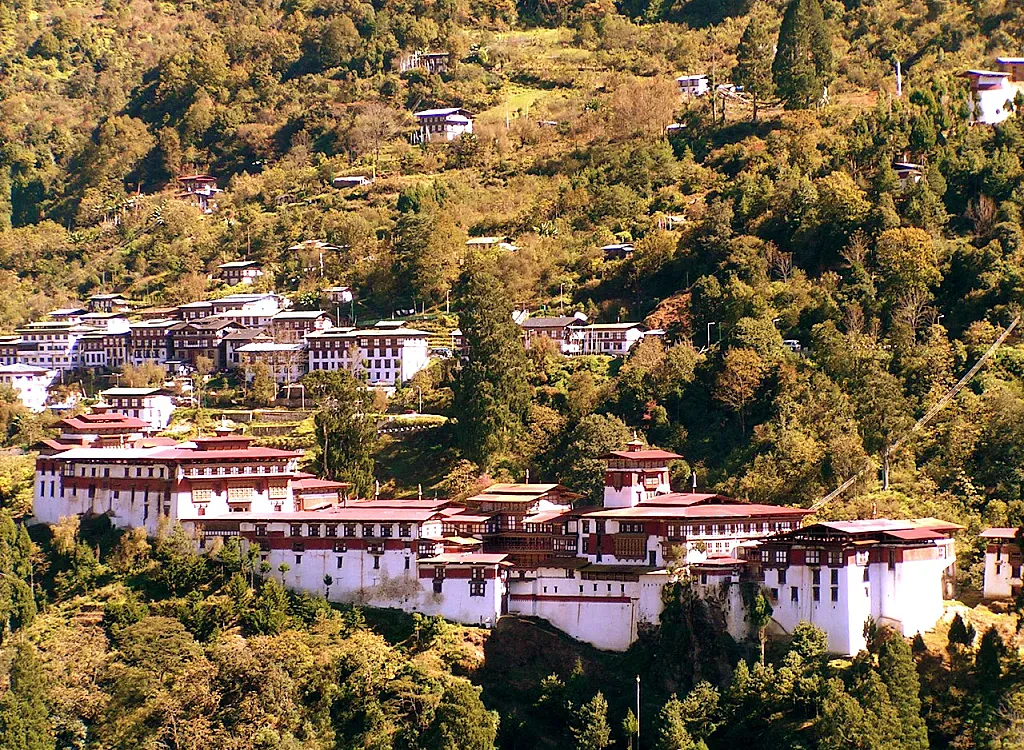
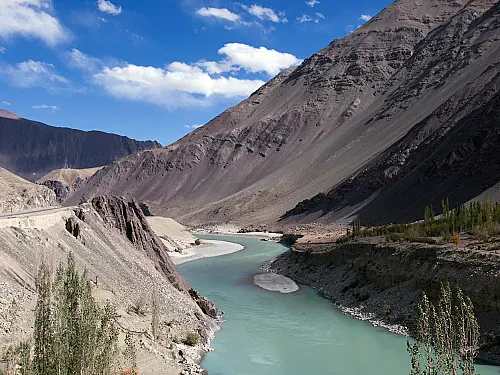
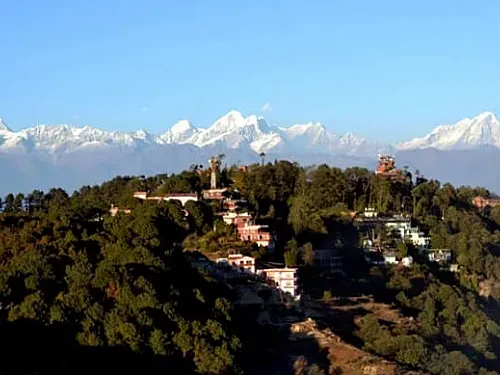
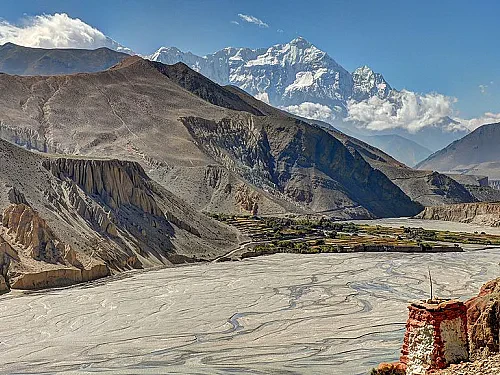
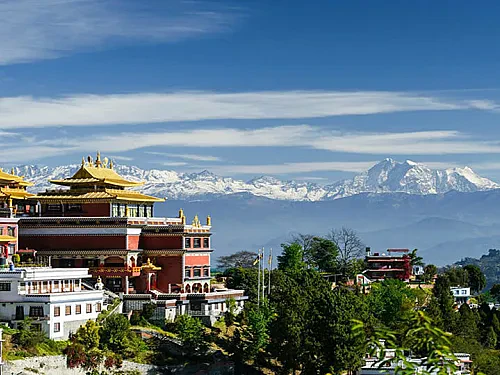
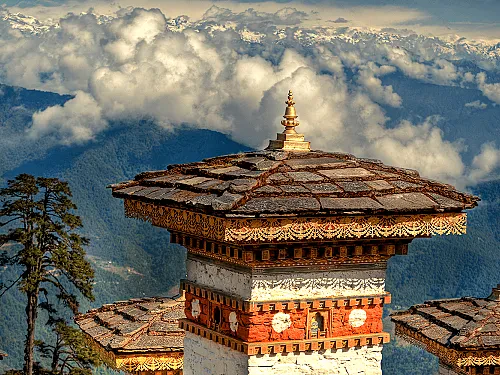
Comments